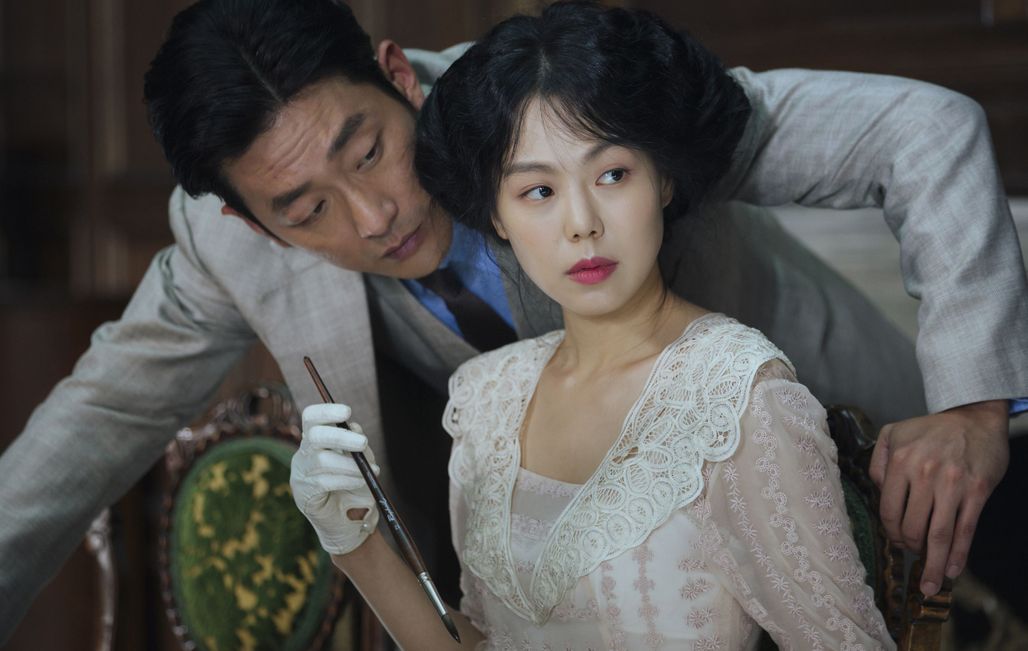
Mademoiselle, a Park Chan-Wook more baroque than ever

Park Chan-Wook has a way of throwing the Festival off track. With Old Boy (Grand Prix en 2004), he demonstrated the triumph of the new South Korean cinema, amoral and incendiary, though not without humour. Five years later, he took home the Prix du Jury for Bakjwi (Thirst) a movie that was as sensual as it was violent. The return of the virtuoso film-maker was eagerly awaited this year In Competition with Mademoiselle.
Park Chan-Wook takes you to unexpected places. With Mademoiselle, he tries his hand at the historical thriller, with an adaptation of Sarah Waters’ novel Fingersmith. The original story was set in Victorian London, but the film maker has changed the locale: his version takes place in Korea under Japanese occupation in the 1930s.
He tells the tale of Sookee, a servant to Hideko, a rich Japanese woman who lives an isolated life under the domination of her uncle. Aided and abetted by a confidence trickster who passes himself off as a Japanese nobleman, Sookee tries to change the course of events.
The themes of Fingersmith might have been tailor-made for Park Chan-Wook. Madness, illusion and duplicity, lesbian sex… The director fell for the book the first time he read it.
“I chose this story especially because the two women at the heart of the tale seemed incredibly real. One has a dark past and the other a desperate present.”
Aesthetically too, Mademoiselle succeeds in being different. On the one hand we have the atmosphere of the past, with period costumes and decors, and on the other, very modern shooting techniques using anamorphic lenses to give an extra dimension to space. The master of South Korean cinema remains faithful to the quasi-Shakespearean fusion of genres that he has sought to develop from the outset.


